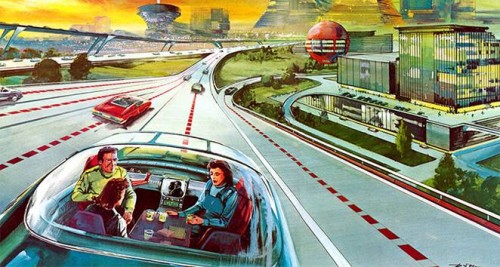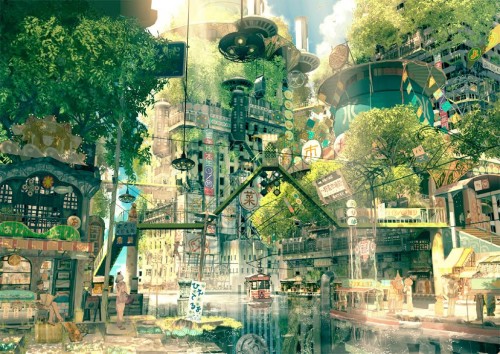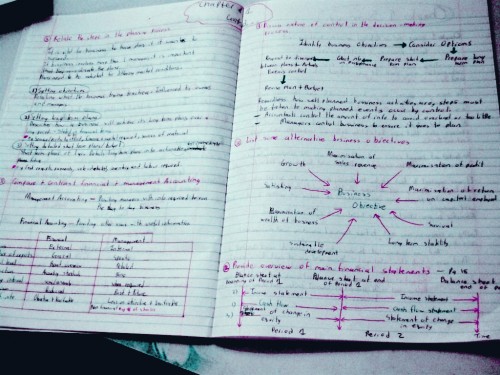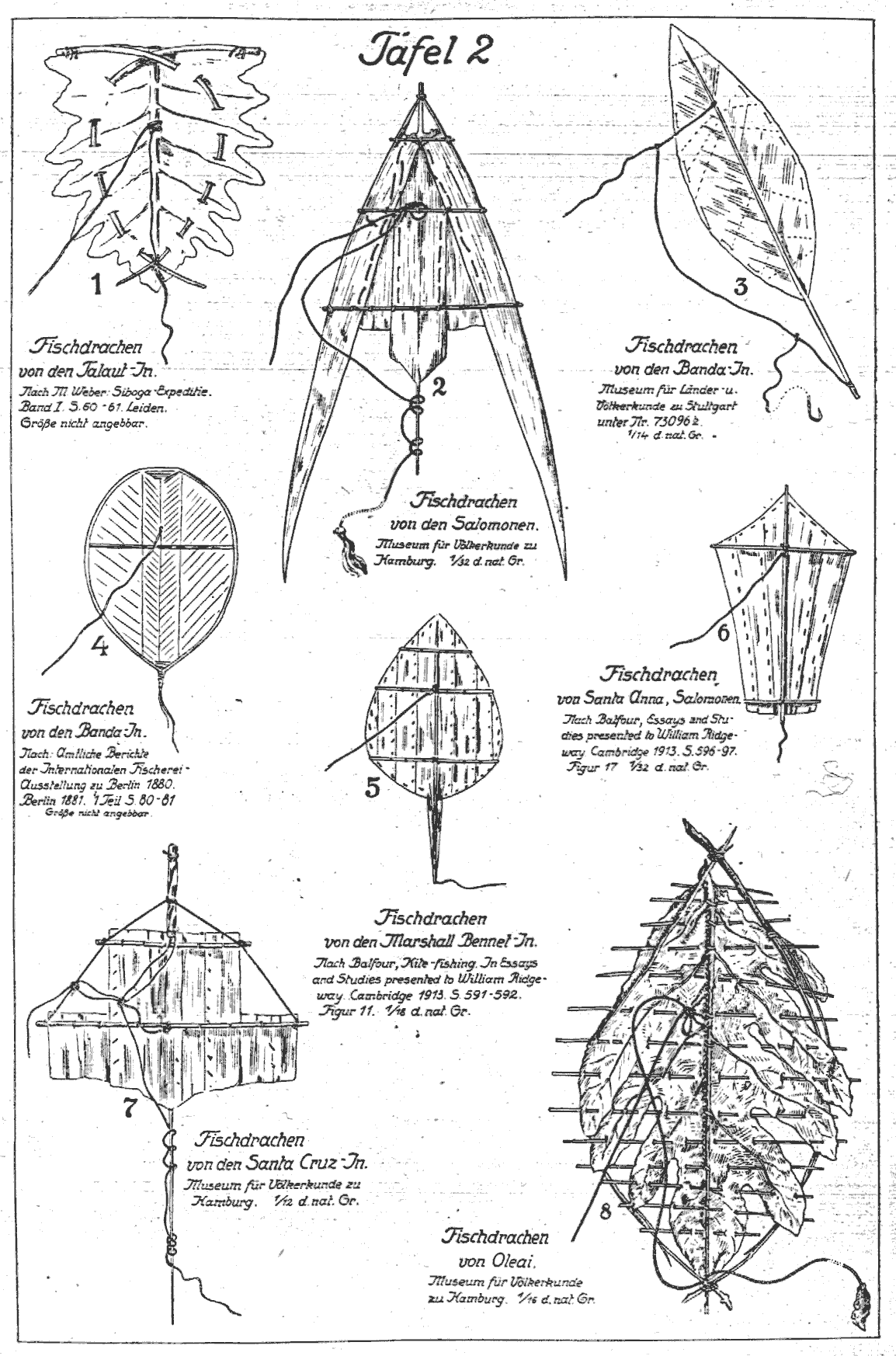Quoted from: Deschooling Society, Ivan Illich, 1972:
We cannot begin a reform of education unless we first understand that neither individual learning nor social equality can be enhanced by the ritual of schooling. We cannot go beyond the consumer society unless we first understand that obligatory public schools inevitably reproduce such a society, no matter what is thaught in them…
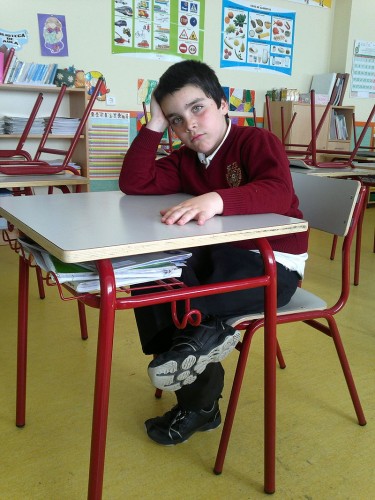 School initiates the Myth of Unending Consumption. This modern myth is grounded in the belief that process inevitably produces something of value and, therefore, production necessarily produces demand. School teaches us that instruction produces learning. The existence of schools produces the demand for schooling. Once we have learned to need school, all our activities tend to take the shape of client relationships to other specialized institutions.
School initiates the Myth of Unending Consumption. This modern myth is grounded in the belief that process inevitably produces something of value and, therefore, production necessarily produces demand. School teaches us that instruction produces learning. The existence of schools produces the demand for schooling. Once we have learned to need school, all our activities tend to take the shape of client relationships to other specialized institutions.
Once the self-taught man or woman has been discredited, all nonprofessional activity is rendered suspect. In school we are thaught that valuable learning is the result of attendance; that the value of learning increases with the amount of input; and, finally, that this value can be measured and documented by grades and certificates.
In fact, learning is the human activity which least needs manipulation by others. Most learning is not the result of instruction. It is rather the result of unhampered participation in a meaningful setting. Most people learn best by being “with it”, yet school makes them identify their personal, cognitive growth with elaborate planning and manipulation.
Once a man or woman has accepted the need for school, he or she is easy prey for other institutions. Once young people have allowed their imaginations to be formed by curricular instruction, they are conditioned to institutional planning of every sort. “Instruction” smothers the horizon of their imagination.

